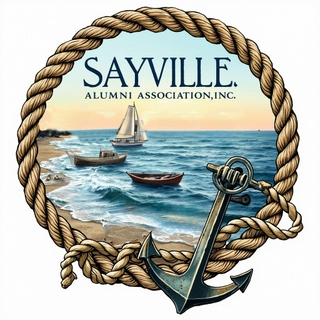Stang Wars; Snippets of Wisdom from the life and works of David Stang.
Episode; “Horses, Boys, and Girls” Originally posted on November 18th, 2017
In many parts of the world, hobby horses are for women, work horses for men. To get an estimate of the sex composition of any discipline, get out your pencil and count the number of males and number of females that you see in Google images when you search for various words or phrases. To see if women own the world of hobby horses, search for “pleasure horse” and “work horse” in Google Images. Rider sex is not evenly distributed across disciplines. Disciplines such as dressage, jumping, and trail riding differentially draw males and females.
In the U.S., many girls have Barbie horses — but you won’t find many boys with them. Without Barbie horses, dolls and doll buggies to practice with, childhood leaves boys less prepared for fatherhood than their sisters. (The army trucks and farm equipment my brothers and I drove on the living room floor did prepare us for something, but not quite as useful as fatherhood.) And so one study finds that female horse owners are more affectionate and interact with their horses more than males, who tended to be more punitive and goal-oriented. If I were a horse, I’d like to be a lady’s man.
Imbalanced sex ratios in equestrian activities seem to occur throughout the world. And there have probably been historical imbalances, too. Genghis Khan and King Arthur and the generals of World War I appear to have favored boys as operators of war horses.
Native differences between the sexes must underlie typical choices of equestrian activity. Where I live, those taking lessons are nearly all women. You’d think that they’d eventually graduate, and give lessons too, but most trainers seem to be men, who also find duty as clinicians, jockeys, and polo players, despite their low numbers among younger riders. I find the shortage of female trainers just as frustrating as I find the endless lessons some women are willing to take, trotting around a ring in circles.
Within a discipline, a sexual majority seems self-magnifying. Once a sport or profession becomes male dominated or female dominated, it slides farther and farther toward being all male or all female. Few sports seem able to resist this slide to sexual homogeneity.
When in a sport where the other sex dominates, life is difficult. Girls and women are well-accustomed to the stresses of being minority players. But new male riders may experience discrimination for the first time in their lives. Over my years of riding, I’ve rarely been invited on trail rides by a woman or group of women, and have learned to love riding alone. But women have been happy to give me advice on horses needing leadership, horses that don’t respect, the importance of never giving a horse a carrot, the danger of standing behind my horse, etc. etc. It isn’t hard for me to imagine how women feel about mansplaining.
Men have no business “breaking” horses. They have no business injuring them in any way. And women have no business believing men who make stuff up. Horses need women to stop trotting in circles, to start studying horse behavior, and to start working as trainers and writers.
I went for a walk the other day with a woman and her horses. Neither horse was on a lead line, and there was no fence around where we were walking. My heart was near bursting with excitement: finally I had found someone who believed in liberty and could practice it! Later that day, this woman unloaded her two horses from a trailer, with the “assistance” of her male trainer. Her trainer was giving orders to her and to me in rapid succession, most seeming to contradict what he had just said to us. The horses were nervous, and he seemed to be too. It seemed to me that the horses would have happily stepped off the trailer without such assistance if they had been given a minute to review their situation. Then along came a stranger leading a horse, who began telling my friend that her horses needed to learn about the electric fence in their new pasture, that she needed to lead them into it, and that she needed to remove their blankets first, so they would experience the shock. My friend did not need assistance. She did not need any mansplaining. She did not need a man at all. And neither did her horses, who knew all about electric fences.
If you are a woman, I hope you will stand up and dump the mansplainers and forge a new independent path through the world of horses. Equestrians need your leadership, and men – not horses – need to learn respect. We need you to offer clinics (of your own invention, not mindless looping in a round pen!), we need you to offer training (but no more circling a ring at a trot!), we need you to write books (but don’t copy any of the thoughtless books that have copied other thoughtless books!) If you are a mansplainer, I wish you would sit down and look at what you are doing.
How did I get started with horses? I read every book about Billy and Blaze (C.W. Anderson) that my first grade library had. I was Billy. The rest was unavoidable.



No Comments